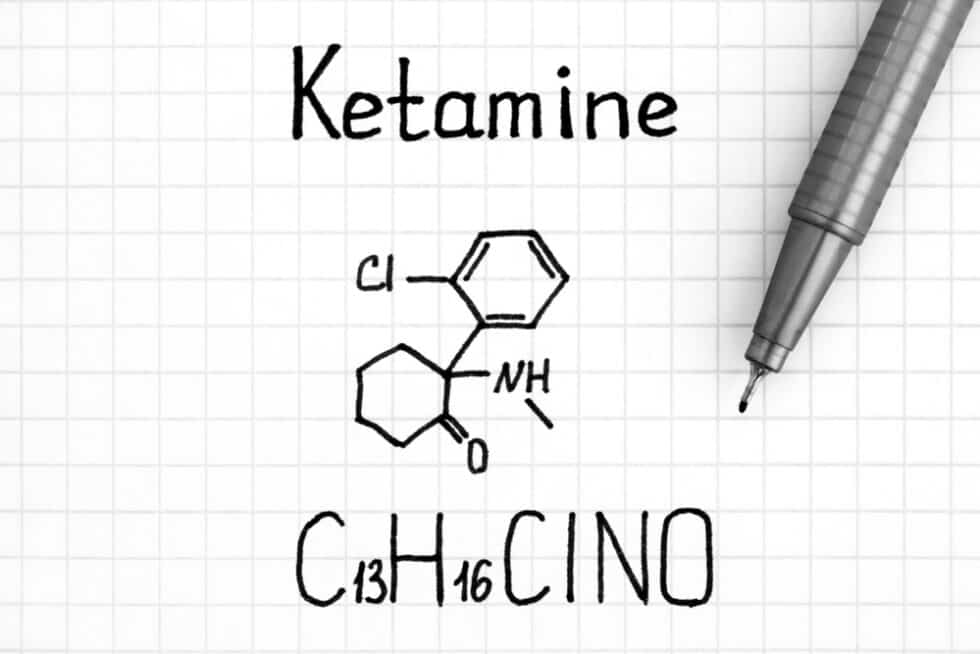The continuation of Matthew Perry’s tragedy, with new details emerging as of August 15, highlights the severe consequences of provider malpractice, the dangers of illegal drug use, and the perilous combination of multiple treatment factors.
As a leading provider of innovative mental health treatments, including ketamine infusion therapy, Scenic City Neurotherapy believes its imperative to address the latest developments. The charges filed against five individuals, including medical professionals, drug dealers, and Perry’s staff, reinforce the critical need to adopt and enforce standards of care for ketamine therapy to guarantee patient safety, comfort, and optimal treatment outcomes.
News reports indicate the major contributing factor in Matthew Perry’s tragic death was the excessive amount of ketamine involved. This high dosage, combined with the use of a hot tub and other circumstances, contributed to his untimely passing. The malpractice related to administering such a high dose of ketamine intensifies our ongoing concern regarding providers who prioritize profit over patient safety and outcomes. Additionally, it reinforces our concerns about the safety of ketamine use at home versus a clinical setting, as outlined in our previous statement.
“A medical provider’s primary obligation is to adhere to the principle of ‘do no harm.’ Accordingly, we are committed to never prescribing or administering ketamine in amounts that exceed safe and appropriate levels for any individual,” says Charles Miller, Owner and Founder of Scenic City Neurotherapy. Perry’s story further highlights the urgent need to adopt and enforce the minimum standards of care we’ve developed for ketamine infusion centers. These standards, referred to as Minimally Stimulated Ketamine Infusion Therapy (MSKIT®), include:
- Optimal dosing of 0.6-1.2 mg/kg administered over at least 40 minutes.
- Practitioners with a minimum of one year of experience.
- No co-administration of benzodiazepines, opioids, or other sedatives during the infusion.
- Verification of state medical licenses to identify providers with suspended licenses or misrepresentation.
- Monitoring patient blood pressure, blood oxygen, and heart rate at a minimum of 5-minute intervals.
- Administering ketamine intravenously (IV) with an appropriately skilled medical provider present and available.







